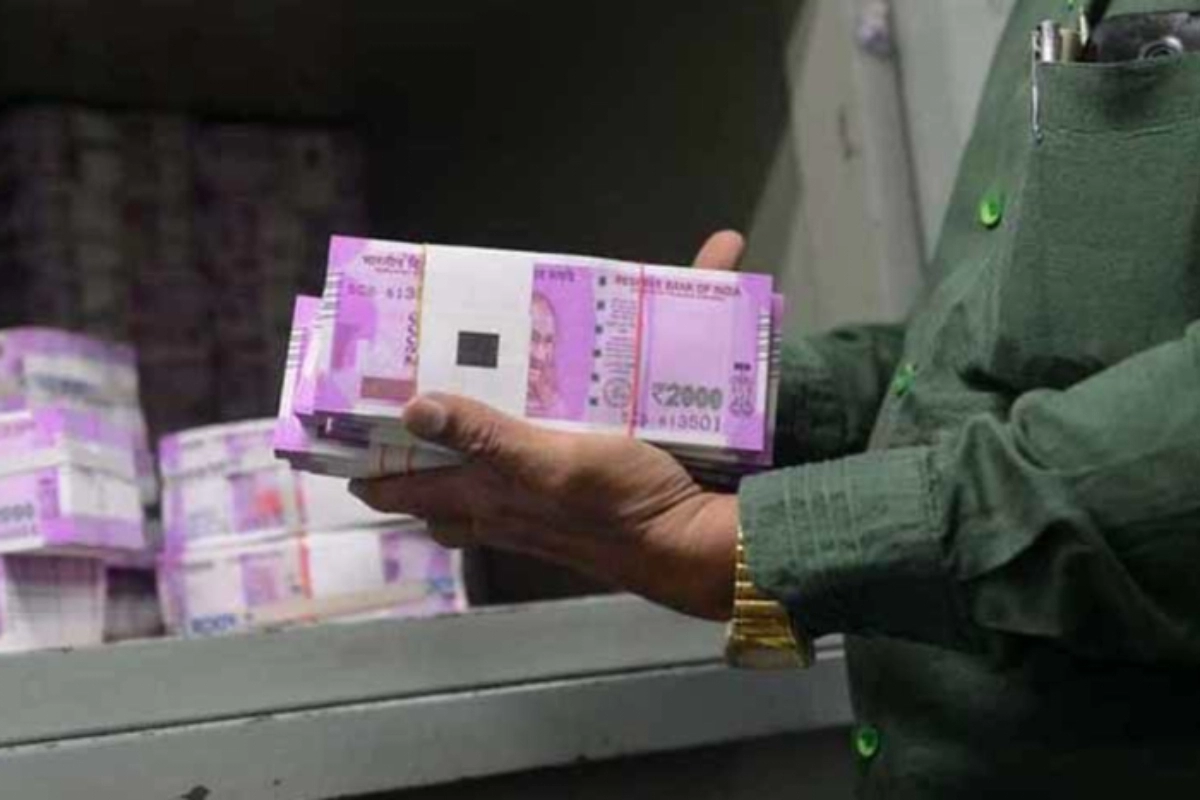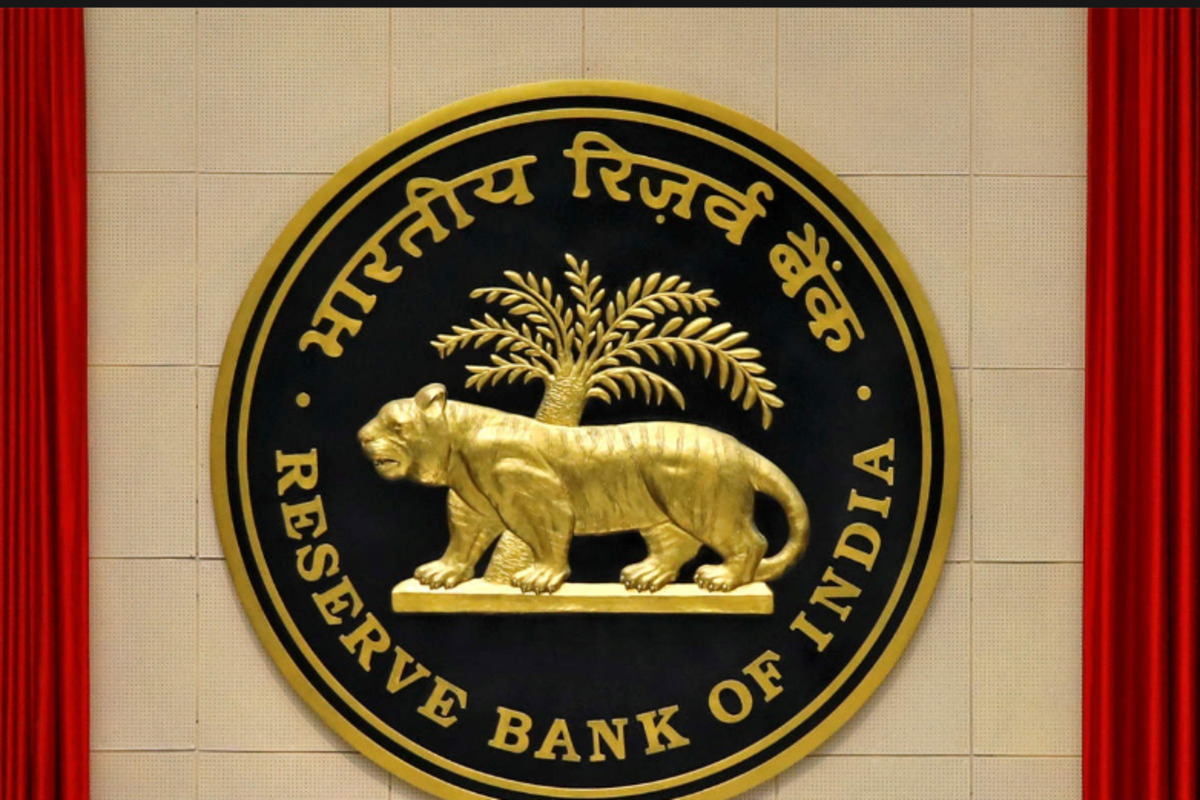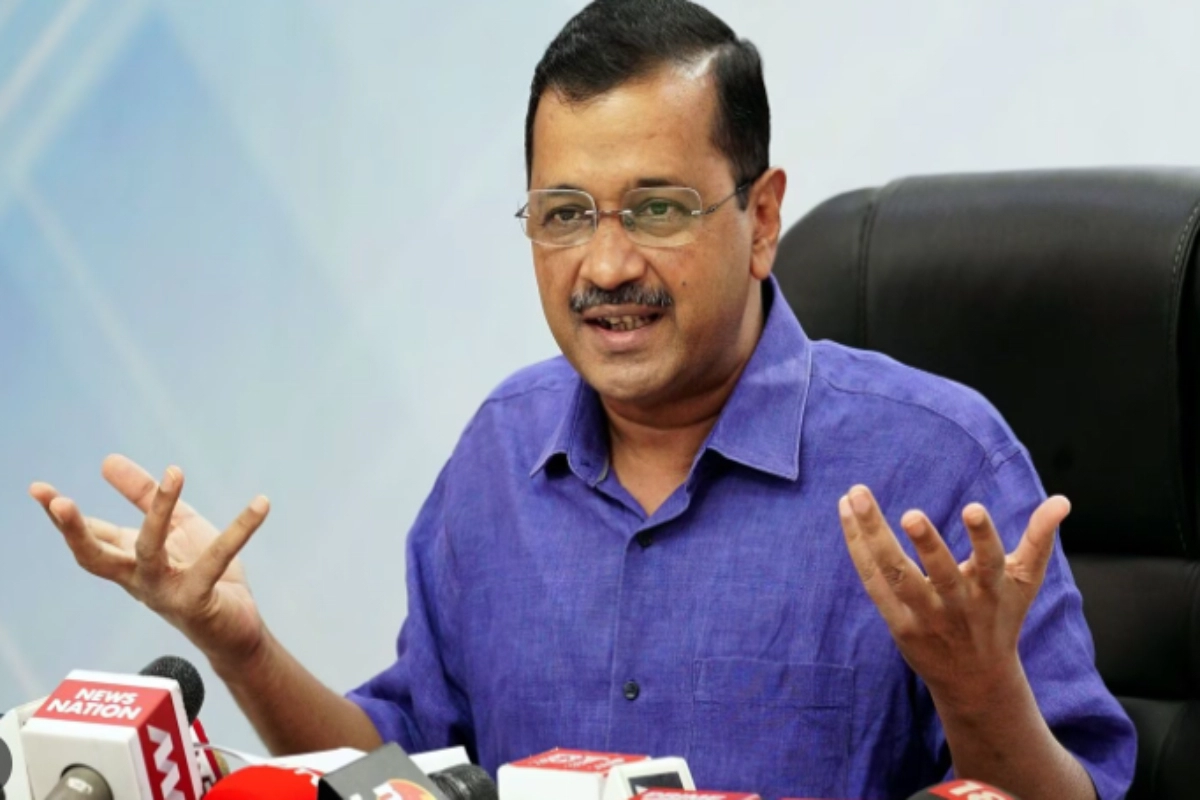2000 Note Update News: The Reserve Bank of India (RBI) today informed the Delhi High Court that the decision to facilitate their exchange was made for operational convenience and that the withdrawal of 2000 rupee notes is not a demonstration of demonetisation but rather a statutory procedure. Attorney Ashwini Kumar Upadhyay was arguing in court that the RBI and SBI’s notices allowing the exchange of 2000 rupee banknotes without a receipt were arbitrary and in violation of the rules designed to fight corruption.
The Lawsuit and Court Announcement
A bench made up of Chief Justice Satish Chandra Sharma and Justice Subramonium Prasad announced that it would issue the proper ruling regarding the attorney’s public interest lawsuit. “We’ll investigate it. The court announced that a suitable order would be passed. Upadhyay made it clear that he was criticising the exchange of the money without a slip or identification verification rather than the decision to abolish the 2000 rupee denomination. He argued that the exchange of 2000-yen banknotes ought to be permitted via deposit into a bank account. Why is ID proof not required? Each impoverished person has a Jan Dhan account. BPL individuals have bank accounts as well, according to Upadhyay, who asserted that the current system primarily benefits mafias, criminals, and Maoists like “Atiq Ahmed’s henchmen.”
RBI’s Perspective on the Court Intervention
For the RBI, senior attorney Parag P Tripathi highlighted that the court cannot intervene in such matters and that the decision to permit the exchange of the 2000-denominated currency note was made for operational convenience. Demonetization was not the case here. The 2000 banknote wasn’t used frequently. The needs for currency are still being met by other denominations, he noted. “This is a required activity. None of the petitioner’s claims touch upon or have anything to do with constitutional matters, Mr. Tripathi continued. Disputes heard. After hearing from the parties, the court stated that judgement was reserved.
Must Read: Is Rohtak Becoming the New Education and Industrial Hub of Haryana? Report
Allegations of Arbitrariness and Violation of Constitution
The petitioner argued in his argument that the RBI and SBI’s notifications allowing the exchange of Rs. 2000 banknotes without a requisition slip and identification proof were arbitrarily, irrationally, and in violation of Articles 14 of the Indian Constitution. The main source of corruption, according to the petition, is cash transactions in high value currency, which are also used for criminal activity such as terrorism, naxalism, separatism, radicalism, gambling, smuggling, money laundering, kidnapping, extortion, bribery, and dowry, among other crimes. The RBI and SBI should make sure that only notes worth 2000 rupees are deposited in their respective bank accounts. The appeal has stated that depositing 2000 rupee notes in bank accounts would ensure that those with black money and excessive assets could be easily detected.The Reserve Bank of India (RBI) announced on May 19 that it would remove 2,000 rupee notes from circulation and that those still in use could be deposited in bank accounts or exchanged by September 30. The RBI announced in a statement that bank notes with a value of 2,000 will still be accepted as legal money. State Bank of India (SBI) advised the chief general managers of all its local head offices in a communication that public exchange of notes up to a maximum of 20,000 INR at a time would be permitted without getting a requisition slip.
Keep watching our YouTube Channel ‘DNP INDIA’. Also, please subscribe and follow us on FACEBOOK, INSTAGRAM, and TWITTER












